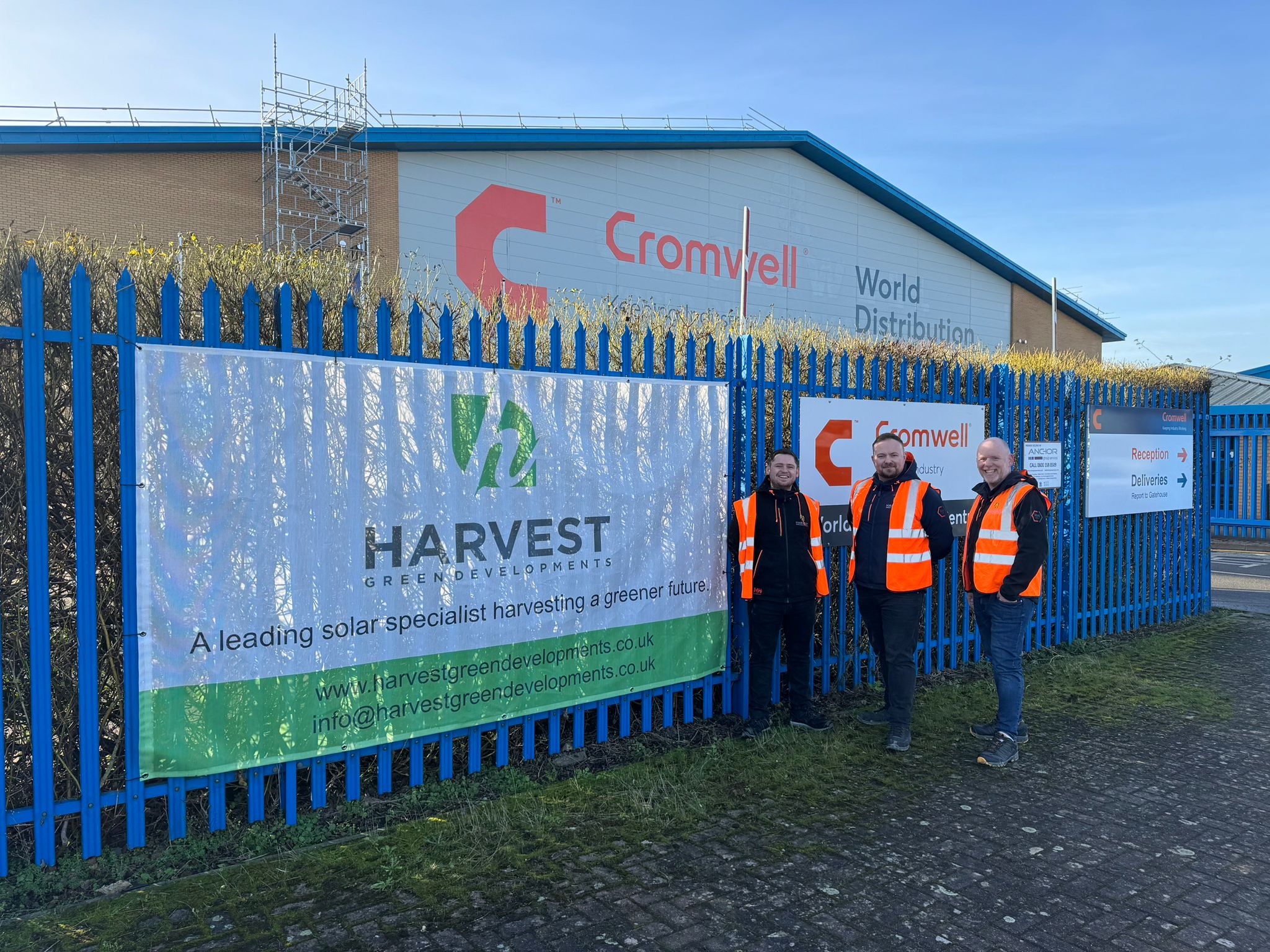The renewable energy sector is growing at an unprecedented pace, and solar power is leading the charge. At the heart of this growth sits a critical role: the solar project manager. These professionals bring together technical expertise, leadership, and strategic oversight to ensure that solar projects are delivered on time, within budget, and to the highest standards.
Whether you are a student exploring career paths, someone retraining into the renewables sector, or already in the industry and looking for progression, understanding the role of a solar project manager is an important step. This blog post explores the responsibilities, skills, and opportunities that define the position, and why it could be one of the most rewarding careers in renewable energy.
The growing importance of solar project management
Solar power is now one of the fastest-adopted renewable technologies, offering businesses, communities, and governments a clean and cost-effective alternative to fossil fuels. With solar projects ranging from small commercial rooftop systems to utility-scale solar farms, demand for professionals who can manage complex projects has never been higher. Project managers in this space are more than just coordinators; they are the drivers behind successful installations that support energy security, sustainability goals, and long-term cost savings for clients across all industries.
What does a solar project manager do?
A solar project manager oversees every stage of a solar energy project alongside project coordinators, from pricing, site set up through to commissioning and handover. Acting as the central point of contact for stakeholders, a project manager ensures all technical, financial, and regulatory aspects align to deliver a system that performs reliably for years to come.
Key responsibilities include:
- Budget management – Controlling costs, forecasting cash flow, and identifying efficiencies.
- Team coordination – Bringing together engineers, contractors, and subcontractors to work as one team.
- Scheduling – Maintaining realistic timelines and ensuring deadlines are met internally and externally.
- Construction oversight – Monitoring installation progress and enforcing health and safety standards.
- Testing and commissioning – Ensuring systems are fully operational and meet performance requirements.
- Stakeholder communication – Keeping clients, investors, and regulators informed throughout the process.
- Technical expertise – Use of drones and AI for site inspections and performance monitoring as well as measurement accuracy for site designs.
- Risk management – Mitigating challenges such as supply chain delays, weather issues, or policy changes.
- Handover – Upon handover, ensuring the client is educated in the system, has all relevant documentation and warranty information.
Skills needed to succeed
Solar project management blends technical knowledge, leadership, and business skills. A strong candidate will demonstrate:
- Technical expertise in photovoltaic systems, grid connection, and renewable energy design tools.
- Project management proficiency, including budgeting, scheduling, and specialist software use.
- Leadership and communication skills to motivate teams and manage diverse stakeholders.
- Excellent communication to internal and external teams to ensure project delivery is on schedule.
- Regulatory knowledge, from health and safety standards to environmental impact assessments.
Career pathways and progression
Solar project managers often start their careers as engineers, technicians, or site supervisors before moving into management roles. With experience, opportunities can expand into senior positions such as programme director, projects director or operations manager, overseeing multiple projects or portfolios. Experience in solar isn’t always required and any technical-based knowledge can transfer to a project management role with a passion to learn and develop within an ever-growing industry with the correct skills.
The solar sector offers exceptional career growth, with roles spanning:
- Large-scale solar farms
- Commercial rooftop projects
- Hybrid solar and battery systems
- Off-grid and community energy projects
- International renewable development programmes
Challenges in the role
Like any project-based role, solar project management comes with its challenges:
- Navigating different regulatory frameworks across regions
- Adapting to weather-related construction delays
- Managing budgets against fluctuating material costs
- Overcoming supply chain challenges
- Manage unprojected obstacles and challenges
- Addressing local community or environmental concerns
These challenges require resilience, adaptability, and strong problem-solving skills, making the role both demanding and rewarding.
Opportunities in a growing industry
Despite the challenges, the outlook for solar project managers is extremely positive. With governments and businesses worldwide committing to net zero targets, investment in solar continues to grow. This translates into consistent demand for skilled professionals who can deliver projects that meet rising sustainability expectations.
Future trends likely to shape the role include:
- Integration of energy storage and smart grid technology
- Increasing knowledge of product evolution and specifications
- More diverse installations
- Health and safety advancements
- Greater emphasis on sustainability reporting and circular economy practices
Building a career in solar project management
For those interested in pursuing this role, building a strong foundation is key. A CV should highlight technical expertise, leadership qualities, and tangible project outcomes. Emphasising certifications, hands-on experience, and the ability to deliver complex projects successfully will help candidates stand out.
Conclusion
A solar project manager is more than just an organiser. They are problem-solvers and advocates for clean energy. With responsibility for guiding solar projects from concept to completion, their work directly contributes to a more sustainable future. For students exploring career opportunities, professionals retraining into renewable energy, or those already in the sector seeking advancement, this role offers long-term security, global relevance, and the chance to make a real impact. At Harvest Green Developments, we see first-hand how skilled project managers drive success in solar installations. Their leadership ensures that businesses and communities can access reliable, cost-effective, and sustainable energy solutions that will serve generations to come.
